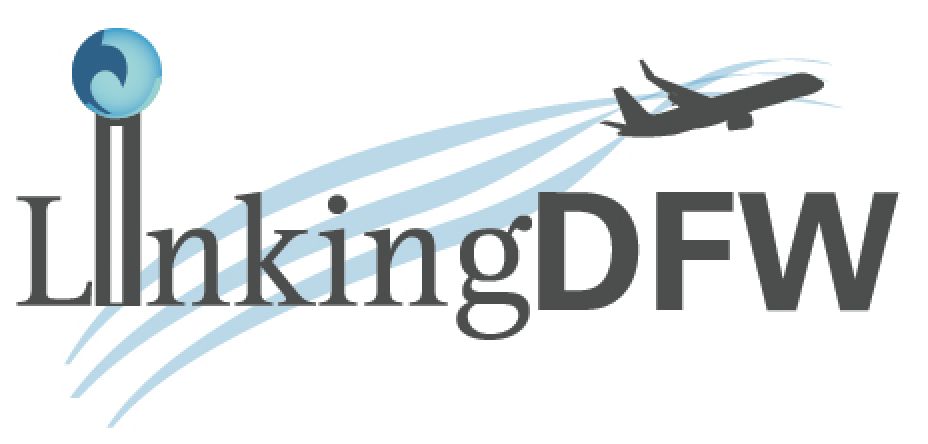Death & Taxes
 The old expression that “nothing is certain except death and taxes” will take on a new meaning on Jan 1, 2011.
The old expression that “nothing is certain except death and taxes” will take on a new meaning on Jan 1, 2011.
As you may know, the rules governing Federal Death taxes were changed back in 2001, and the current laws will expire at the end of this year. This year there is no Federal Estate Tax, so no matter how large an estate, people who die in 2010 will have no Federal Death taxes. However, effective Jan 1, 2011 the old rules come back, and any estate over $1 Million will be subject to Estate taxes, which can be as much as 55-60%. Most estate planning practitioners expected Congress to change the tax rules prior to Dec 31, 2009, but in their dedication to pass health care reform, they didn’t get around to addressing the Estate tax.
How will this affect you? If you die with as- sets over $1 Million, your estate may owe taxes. That may seem like a large estate, but consider the value of your home, your life insurance, your re- tirement plan balance, and it is easy to exceed $1 Million. The tax rates start at 18%, and quickly escalate. So if your taxable estate is over $2 Mil- lion, you will already be at the rate of 45%.
Under the rules in effect since 2001, many peo- ple have grown complacent regarding their estate plan. After all, in 2009, the amount you could pass tax free was $3.5 M. Now however, the pic- ture has changed dramatically.
What this means is that virtually everyone should review their estate plan, because there are several specific strategies that can be utilized to reduce or even eliminate the Federal Estate tax.
So where do you start?
1. The first step is to determine the size of your estate, which includes: your home, other real es- tate, jewelry, stocks, bonds, mutual funds, bank accounts, insurance, retirement plans, business interest, or any property over which you have a general power of appointment. Note how they are owned. Take a similar inventory of your debts and liabilities.
2. Determine your goals regarding your estate. For example, do you want any of your assets to go to charity?
3. Consider the tax ramifications of your plan.
4. Develop an organized plan for the payment of taxes and expenses. Without this plan, the most valuable assets you own may have to be sold to meet the tax bill.
I am offering a free estate analysis. Please call 972-874-8758 or email me ken@kendallfinancial. net to take advantage of this offer.
